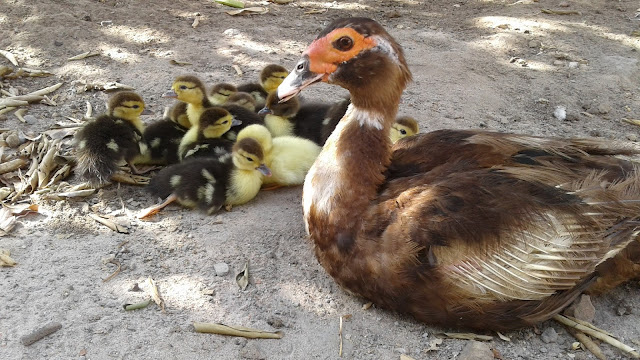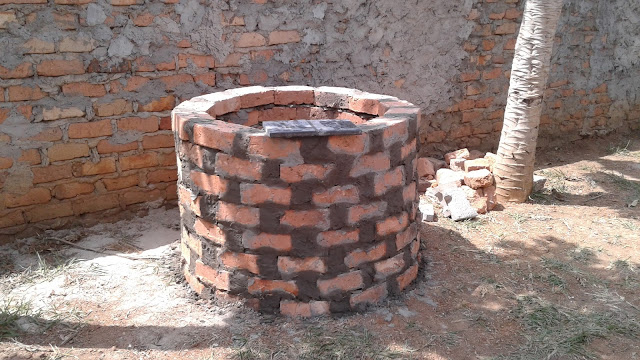By Anthony:
I had the chance recently to test out the curriculum I am writing with my friend Jonny Kabiswa, a Ugandan, and with Brian Fikkert, the author of When Helping Hurts. It will be published sometime this year or next year by the Chalmers Center in the USA. It is based on the book When Helping Hurts, but contextualized for Africa, and it is divided into two courses. Each course takes two full days of training. We are really excited about this project, and over the next 6 months, other leaders all over the continent of Africa will be helping us to test it out so that we can make changes and edit what we have so far. We have finished writing Course 1, and are working hard on Course 2.

This is the same curriculum that I taught in Uganda a few years ago many times, but that one was a rough draft version, very different from what it has become. We hope that it will be very beneficial to African leaders as they seek to help the poor wisely and effectively, avoid common mistakes, learn how to use their own resources and not be dependent on the West, and work on development in their communities according to biblical principles.

Sara and I traveled to Tanzania in January. While she was working with another missionary testing out their Bible studies, I was able to give a Helping Without Hurting training. The host who organized the training was the African Inland Church (AIC), and we did the training in Geita. This is one of World Renew's partners in Tanzania, so it was nice to do something to connect with the World Renew Tanzania team. Most of the participants were from the AIC (pastors and development staff), but we also had World Renew staff attend, as well as some other missionaries and leaders living in Geita.

The training went well. I really love our new curriculum. The main issue is that we probably have too much content and we will likely need to shorten many of the lessons. We were definitely short on time in this training, but this was mainly due to language. The training was advertised to be in English, rather than Swahili. And we were not going to do translation due to time. However, some people showed up to the training who did not know English. They didn't want to turn anyone away, and these people were eager to learn, so some of the pastors translated most of what I said. This was quite a big challenge for me, as it necessitated cutting out much of the material and rushing through what we did go through. But overall it was a success. I have already heard from one of the pastors through email that he has been teaching his church leaders the lessons from the manual.
They learned how to think about poverty in a different way, going beyond thinking about poverty as only "lacking money." They left with an understanding of how idolatry, corruption, sin of various kinds, environmental destruction, and feeling inferior all contribute to poverty. Some of the longest and most engaging discussions we had were about:
-How people in the church today worship on Sunday but also are engaging in witchcraft or charms in order to try to get blessings and money and positions.
-How women are made to feel inferior in their cultures.
-How everyone speaks out against tribalism, yet it continues, including discrimination in job appointments.
-How Africans, including the participants, sometimes feel inferior to foreigners and sometimes not. Most said they feel equal before God, but they feel inferior in terms of wealth and resources. But then we had a lesson also about identifying the skills and resources that God has given each of us.
The pastors who were present seemed to appreciate it the most, and some of them were eager to take Course 2, so that they will get the certificate and ability to teach others the same curriculum. This is exactly what we want! The only problem is that right now we have not yet finished writing Course 2. I also learned from this testing, that the best way to teach this would be to meet once a week, like a typical Bible study group, and do only one lesson a week, so that participants can do the take-home activities and action plans in between lessons.
Here is a photo of one of the dramas we designed for the curriculum:



































